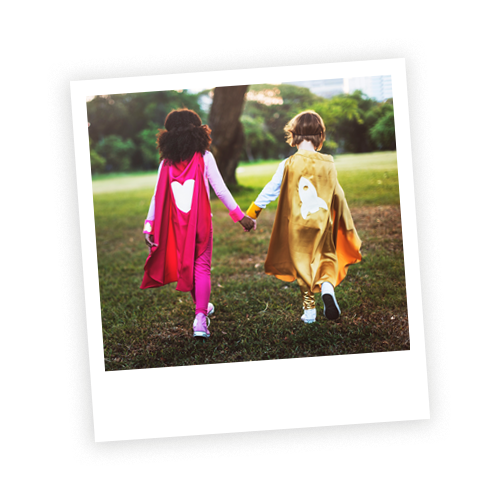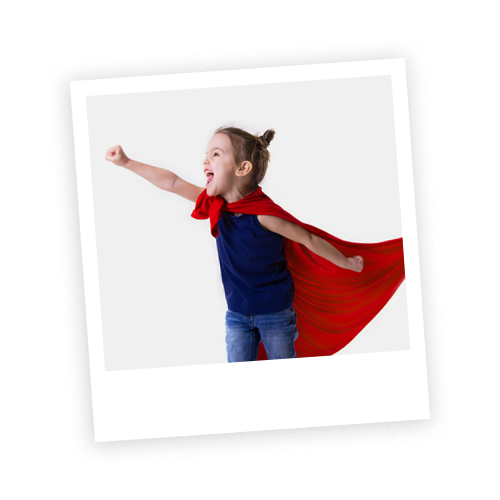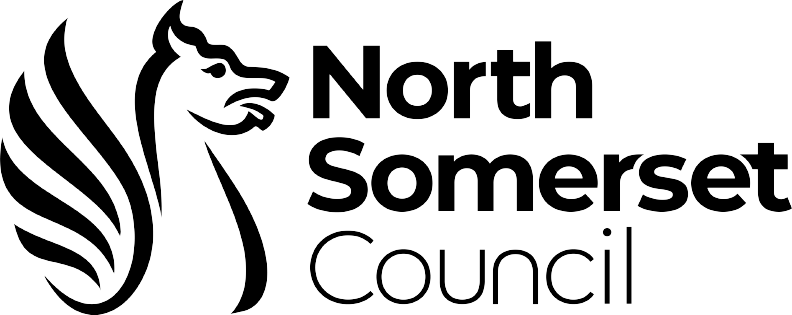All children may require interventions from the health service at some point during their childhood. Each area within our region has a duty to provide the following services to children living there.
- health visiting
- school nursing
- child and adolescent mental health
- speech and language therapy
- occupational therapy and physiotherapy
- community paediatricians
- and a range of dedicated services for vulnerable children, including children in care, children with learning disabilities, children with life-limiting conditions and children with drug and alcohol problems.
The table below gives links for each locality, to help you idetify the services you may require
Local CAMHS Teams
Child and Adolescent Mental Health Services (CAMHS) is an NHS service that helps children and young people under the age of 18 years. In some areas this service is referred to as CYPS.
CAMHS Teams offer support for children or young people struggling with moderate to severe emotional, behavioural and mental health difficulties.
These difficulties may include:
- eating disorders
- low mood or depression
- feelings of worry or anxiety
- hearing voices or seeing things
- self-harm and/or suicidal thoughts
- experience of trauma or abuse
- emotional and behavioural difficulties
BATHNES CAMHS
Bristol, North Somerset and South Gloucestershire CAMHS
There are five locality CAMHS teams based across Bristol, North Somerset and South Gloucestershire. You will see the team that is affiliated to your GP surgery. For children under five years of age, please visit Primary Infant Mental Health Specialists (PIMHS) page for further advice.
Gloucestershire CAMHS
Wiltshire CAMHS
Further Mental Health Support
Kooth: https://www.kooth.com/
Samaritans: Call 116 123 https://www.samaritans.org/about-samaritans/
Childline: Call free on 0800 1111 https://www.childline.org.uk/
Shout: 24/7 text service, free on all major mobile networks, for anyone in crisis anytime, anywhere. It’s a place to go if struggling to cope and need immediate help. Text 85258. https://giveusashout.org/
Only available in mainland UK
Mental health for people aged over 18 yrs
If you are still receiving support from the Child and Adolescent Mental Health Services (CAHMS) you will need to transition to adult mental health care. Mind have set out some guidance on how this works.
You can also get support from Health in Mind.
Online support and counselling (available universally)
Youth Wellbeing Directory
Lists local services where you can find support for young people’s mental health and wellbeing.
Webpage: https://www.annafreud.org/on-my-mind/youth-wellbeing/
The Mix: https://www.sane.org.uk/who-we-are
Tellmi (formally MeeToo) Age Range: 11+ https://www.tellmi.help/
Calm Mindfulness and meditation for older adolescents and young adults https://www.calm.com/
Foetal Alcohol Syndrome and Adoption
What is FASD?
FASD is a condition that may occur when a foetus is exposed to alcohol prenatally. Prenatal Alcohol Exposure (PAE) can occur at any point during the pregnancy, including before the pregnancy is detected. Alcohol is included within the group of substances called teratogens, or poisons, meaning that it is a substance that can cross to the developing foetus and cause harm at any stage of pregnancy. There is no known safe amount or time to consume alcohol during pregnancy, and the UK’s Chief Medical Officer’s advice is that those who are pregnant, or planning a pregnancy, should abstain from alcohol.
How common is it?
Within the general population it is estimated that approximately 3.2% of babies born in the UK are affected by foetal alcohol spectrum disorder (FASD), which is three to four times the rate of autism (prevalence of FASD).
Some groups are, however, disproportionally affected by FASD including the care-experience community. Research in Peterborough (Gregory et.al 2015) revealed that 75% of children put forward for an adoption medical had been prenatally exposed to alcohol.
Do people with FASD look different?
FASD is a ‘hidden disability’, meaning that you cannot tell by looking at someone whether they have the condition. Around 10% of individuals have specific facial features that are indicative of Prenatal Alcohol Exposure (PAE), these are a thin upper lip, smooth philtrum, and narrow eye opening. The remainder of individuals with a history of PAE do not have these features, which has historically brought challenges for the individual and their families in terms of professionals recognising the impact of PAE.
Common symptoms and characteristics
The impact of FASD on an individual involves a wide range of common challenges including impulsivity, difficulties with cognition, memory, the sensory system, motor skills, executive functioning, social skills and affect regulation. These are often seen as dysregulation, developmental dysmaturity, a spikey profile of ability and inconsistent performance ‘can’t do today what they learnt yesterday – on and off days’.
Useful sites and publications
Publications – National FASD (including a Preferred Language Guide)
Site for young people with FASD (including interactive comic and games / resources to buy): Home – Learn about FASD – Me & My FASD
Scotland FASD Hub, including update resources and publications: FASD Hub | Home | Adoption UK Charity
Local authorities must publish a Local Offer, setting out in one place information about provision they expect to be available across education, health and social care for children and young people in their area who have Special Educational Needs or are disabled, including those who do not have Education, Health and Care (EHC) plans. In setting out what they ‘expect to be available’, local authorities should include provision which they believe will actually be available.
Contacts in your area are:

Parents’ Wellbeing
Parenting children always comes with highs and lows, but parenting traumatised children can be particularly emotionally draining and bring its own added challenges for parents. Trauma and neglect have a profound impact on the development of a child’s brain, which can manifest into feelings of anxiety, dysregulated behaviour and difficulties developing attachments to their caregivers. This can be exhausting for parents, who may experience added stress, feelings of rejection, or secondary trauma from their children, making it difficult to experience the joys of parenting.
Breaking The Cycle
When caring for a child, it is important to remember to take some time out to care for yourself. Taking time to relax, have fun and reconnect with yourself and others will give you the chance to express your emotions in a safe way and to process your feelings and reactions to reduce the feelings of shame and rejection. It’s important for adoptive parents to have a support network of their own.
Tips on reducing stress include:
- Reconnect and socialise with friends and family.
- Join a support group with other adopters and foster carers from providers such as the National Association of Therapeutic Parents
- Regular exercise to help burn up stress hormones
- Take some time to be reflective with yoga or meditation
- Consider linking up with one of Peer Support Groups to meet others and feel understood and supported.






